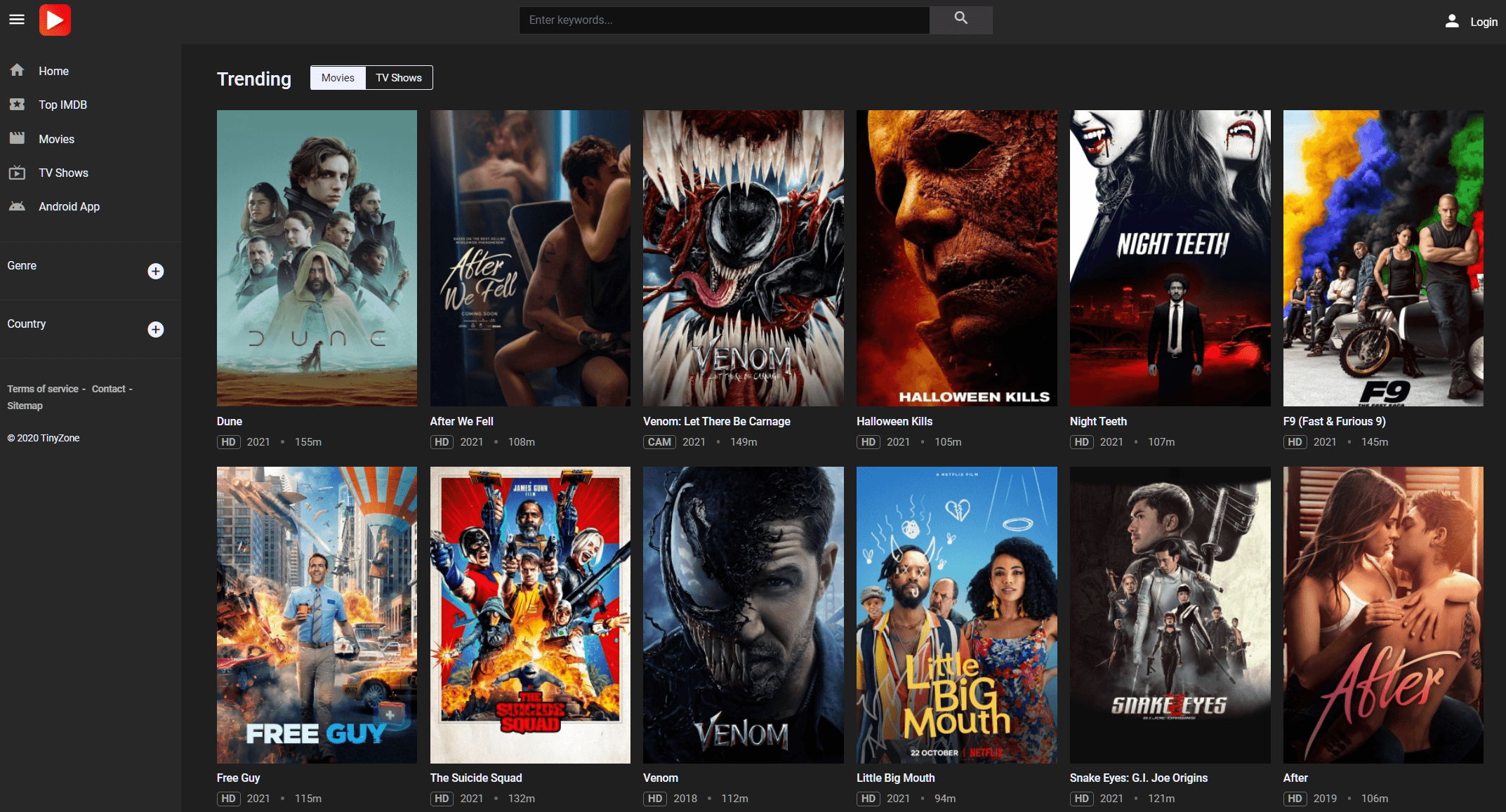In the vast landscape of internet culture, certain entities levidia emerge that capture the imagination and curiosity of users worldwide. One such enigma is ‘Levidia’. Often whispered about in online forums and speculated upon in digital corridors, Levidia has become synonymous with a realm where entertainment meets intrigue. This article delves deep into the phenomenon of Levidia, uncovering its origins, its impact, and its mystique.
Origins of Levidia
Levidia, despite its nebulous nature, traces its origins to the digital underground of file sharing and streaming communities. Born out of a desire for accessible entertainment, particularly movies and TV shows, Levidia is said to have begun as a niche website offering a treasure trove of content to its users. Over time, it evolved into a symbol of defiance against traditional distribution channels, drawing both admiration and scrutiny from various quarters.
The allure of Levidia lies in its ability to provide users with a vast catalog of media content, often ahead of official releases or in regions where access is limited. This underground fame has propelled Levidia into a realm where it is both celebrated as a champion of accessibility and condemned as a threat to intellectual property rights.
Inner Workings of Levidia
Despite its prominence, the inner workings of Levidia remain shrouded in mystery. Operating beyond the reach of conventional legality, Levidia employs sophisticated methods to circumvent restrictions and provide its users with a seamless viewing experience. From decentralized hosting to mirrored servers across multiple jurisdictions, Levidia’s infrastructure is designed to withstand legal challenges and technical disruptions.
Moreover, the user interface of Levidia is crafted with user experience in mind. Navigating through its expansive library is intuitive, with search functionalities and categorizations that cater to diverse tastes and preferences. This accessibility has cemented Levidia’s reputation as a go-to platform for cinephiles and TV buffs seeking entertainment beyond conventional channels.
Impact on the Entertainment Industry
The rise of Levidia has had profound implications for the entertainment industry at large. By offering free access to copyrighted content, Levidia challenges the traditional revenue models of studios and distributors. This disruption has prompted industry stakeholders to reassess their strategies for content distribution and piracy prevention, often leading to legal battles and technological innovations aimed at safeguarding intellectual property.
Furthermore, the popularity of platforms like Levidia underscores a shift in consumer behavior towards on-demand and ad-free viewing experiences. This demand has spurred the growth of legitimate streaming services that offer convenience and a vast library of content for a subscription fee, thereby presenting a viable alternative to piracy.

Legal and Ethical Considerations
The legality of Levidia’s operations is a subject of debate and contention. While some argue that it provides a valuable service by making content accessible to a global audience, others view it as a violation of intellectual property rights and a threat to the livelihoods of content creators. Legal actions against websites like Levidia have resulted in shutdowns and domain seizures, albeit with varying degrees of success in curtailing their operations.
From an ethical standpoint, the debate surrounding Levidia revolves around principles of fairness, creativity, and the economic impact on the entertainment industry. Supporters argue for the democratization of access to culture, while detractors emphasize the importance of respecting copyrights and supporting legitimate channels of distribution.
Future of Levidia and Beyond
As technology continues to evolve, so too does the landscape of digital entertainment. The future of Levidia remains uncertain, influenced by advancements in copyright enforcement, changes in consumer behavior, and innovations in streaming technology. While the allure of free, unrestricted access to content persists, the risks associated with using platforms like Levidia may outweigh the benefits for many users.
Looking ahead, the legacy of Levidia serves as a reminder of the complexities inherent in the digital age, where the boundaries between innovation and infringement are constantly being tested. Whether viewed as a paragon of digital liberation or a symbol of illicit activity, Levidia continues to provoke thought and discussion on the evolving nature of entertainment consumption in the 21st century.
Conclusion
Levidia represents more than just a website; it embodies a cultural phenomenon shaped by technological advancements, consumer demand, and legal challenges. Its impact on the entertainment industry and digital piracy landscape underscores broader questions about access, ownership, and the future of media consumption. As we navigate these complexities, understanding the story of Levidia offers valuable insights into the evolving relationship between technology, entertainment, and society at large.
